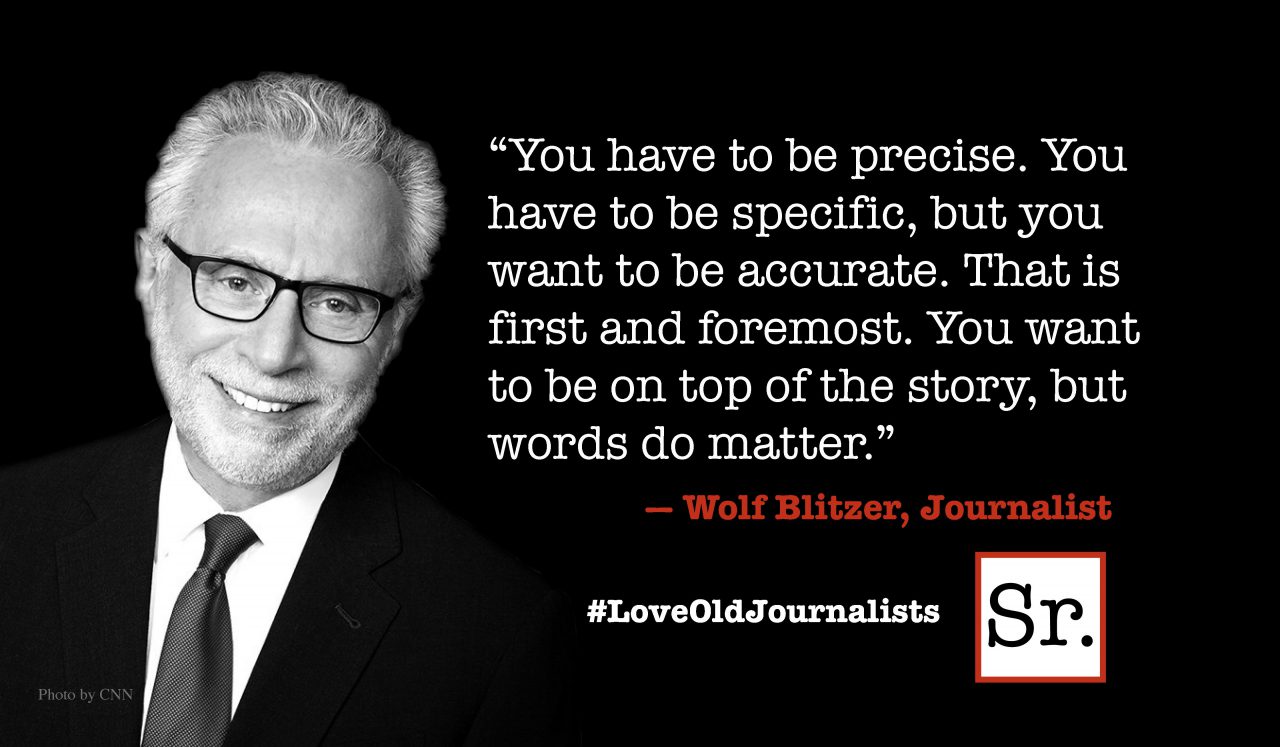I have been a big fan of Kellogg’s since my days at the Leo Burnett Advertising Agency in the 1970’s. Here was an organization whose brand and company name stood for healthy breakfasts. The marketers of the day and those of the next twenty-five years worked hard to fortify that stellar reputation. Whether it was an advertising campaign, a new product or a line extension, Kellogg’s marketing was extremely disciplined and strategic. This good work established Special K as the quintessential healthy, nutritious breakfast brand within the company’s portfolio.
By the 21st century, it became clear that concentrating on one category (cereal) would not deliver the long-term returns demanded by shareholders. Kellogg’s decided to diversify. Several acquisitions that included Keebler andPringles accelerated their foray into other categories, primarily biscuits, crackers and snacks. This strategy I cannot fault. But when a company exploits a valuable brand asset like Special K and uses that trade mark on products that fail to enhance the healthy breakfast positioning, the marketer in me yells, “foul!” Marketers who launch products that compromise a brand’s core image are committing a marketing felony.
This brings me to the recent launch of Kellogg’s Special K Flatbread Breakfast Sandwich. The sausage, egg & cheese variety is 240 calories. Okay, so it’s almost half the calories of McDonald’s version, but it’s still a combo of cholesterol, fat, and sodium that won’t do you any good if you eat too many sandwiches and fail to exercise. It looks to me like Kellogg’s justifies using the Special K brand name because their flatbread sandwich isn’t as bad for you as those of the competition. Lower fat and lower calories do not necessarily make for a nutritious meal. The truth of the matter is that Kellogg’s will sell more flatbread sandwiches under the Special K name.
Strategic marketers never allow this rationale to prevail when a brand’s core positioning is maligned. So why did Kellogg’s top management ignore this fundamental principle? Here’s a clue. According to the most recent annual report, the “Kellogg Company has always sought to provide foods that are enjoyable and nutritious and we are as committed to this today as Mr. Kellogg was more than 100 years ago.” Okay, now get ready for the catch. “However, we also recognize that consumers seek different things from different brands.” Aha. This helps to explain the company’s new vision statement – To enrich and delight the world through foods and brands that matter.
Brands that matter? What’s that fluff supposed to mean? To me, it says the company will make whatever the consumer wants. For all intent and purposes, there is nothing wrong with the philosophy, provided a superb brand asset is not bastardized as the means to that end. It’s not as if Kellogg’s did not have another suitable brand name in their stable. Wouldn’t Eggo be a perfect fit?
I didn’t notice it at the time, but the slippery slope of Special K’s positioning erosion began before the launch of flatbread sandwiches. Two years ago, Kellogg’s introduced lower calorie cracker chips. Guess what they called them? There is an irony in this category. Kellogg’s happens to own a well-established potato chip brand – Pringles. But don’t expect them to replace Special K Cracker Chips with the Pringles nomenclature any time soon.









